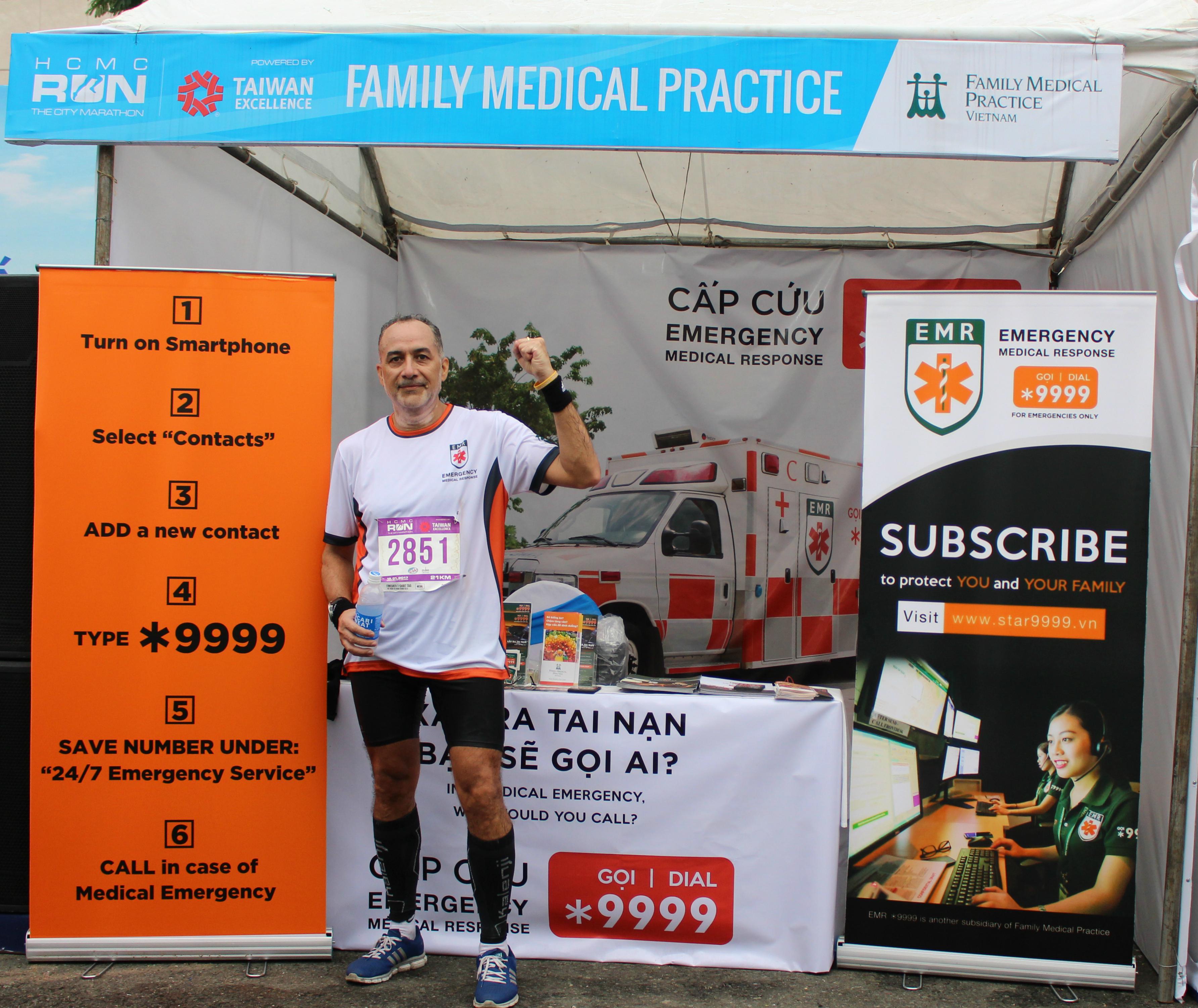Born to Run

I am a lucky man.
I was born in a little province close to Chile—San Juan, one of the poorest in my country. Without smartphones, without internet, with only a few hours of cartoons each week on TV, I grew up running.
It was a desert. The adults would nap during the middle of the day, it was too hot to do anything else. But we kids, we did not like to nap. We climbed to the tops of the trees during sandstorms to feel the force of the swaying boughs. We imagined the hot wind at our backs to be the fiery breath of monsters and dragons, forever chasing us. We ran like free, wild animals.
At high school, we played sports. Basketball, football—and running. None of us were overweight; the food we ate, we grew ourselves, high in calories—but we burned all those calories, especially in the winters when it was so extremely cold.
The opportunity to do a medical checkup was quite scarce, but I got checked at 18. Life is not always kind; I was diagnosed with a serious illness. After a complicated surgery, I was close to the end of my life—fever, shaking, infections. So many needles. The pain was unbearable. But I was fit. Unexpectedly, my symptoms disappeared. After five days without fever, they sent me home.
It was two years before I could run again. Slowly at first, just a few kilometers at a time, to keep active. I ran because I wanted to be as fit as possible, because I knew that at some point, my illness would return. After my surgery, they told me that if I were lucky, I would survive maybe 10 or 15 years maximum. I knew I had to survive, and that death was always near.
As I ran, the energy, power, and wellness returned to my body, and so too came the memories and joys of my childhood. I felt the monster’s breath at my back again, and I ran.
I am a doctor. There is a certain magic about running and its power to heal, but I cannot ignore my profession and my medical knowledge. In fact, scientific information about the benefits of exercise has really only come to light in the last ten years. The calories you burn even after you work out. The endorphins released while running that combat depression and anxiety. The highly oxygenated blood that boosts toxin removal. The heightened neurogenesis that sharpens mental acuity.
Running is linked to lower risks of cancer, longevity, and higher quality of sleep. Running is now known to help prevent and treat diabetes, high blood pressure, high cholesterol, osteoporosis, migraines, strokes, myocardial infarctions, Alzheimer's, and cancer. It improves memory, eyesight, sexual activity, self-esteem, and job productivity.
In my own field—hepatology—fatty liver is one of the most common diseases worldwide. The fat inflames the liver chemically, similar to that caused by heavy drinking. It is the number one cause of liver transplantation. The leading cause of fatty liver is a poor diet and a sedentary lifestyle. The best treatment for this disease is to run.
We are biologically prepared to run. Our forebears survived by persistence hunting and avoiding predators. We are like a machine shaped to run every day in an environment where food was scarce. Many modern diseases have their basis in the fact that we are not active anymore, and we eat a lot.
I am a lucky man. They said I would live for 10 or 15 years. It has already been 32. Never in my dreams did I imagine I would live to reach 50. I am now 52, and I’m running half marathons.
I live in an age of smartphones that help me to check my speed, the calories spent on my training, my heart rate, and to stay in contact with the friends of my childhood, sharing our battles again with the monsters and dragons always behind us, training on the streets and feeling the power of our legs, the strength of our breath trying to catch as much oxygen as possible, the heavy beating of our hearts in our chest, exactly as it was all those decades ago.
Dr. Pedro Trigo, Internist, Family Medical Practice Ho Chi Minh City

 We use cookies on this website to enhance your user experience
We use cookies on this website to enhance your user experience